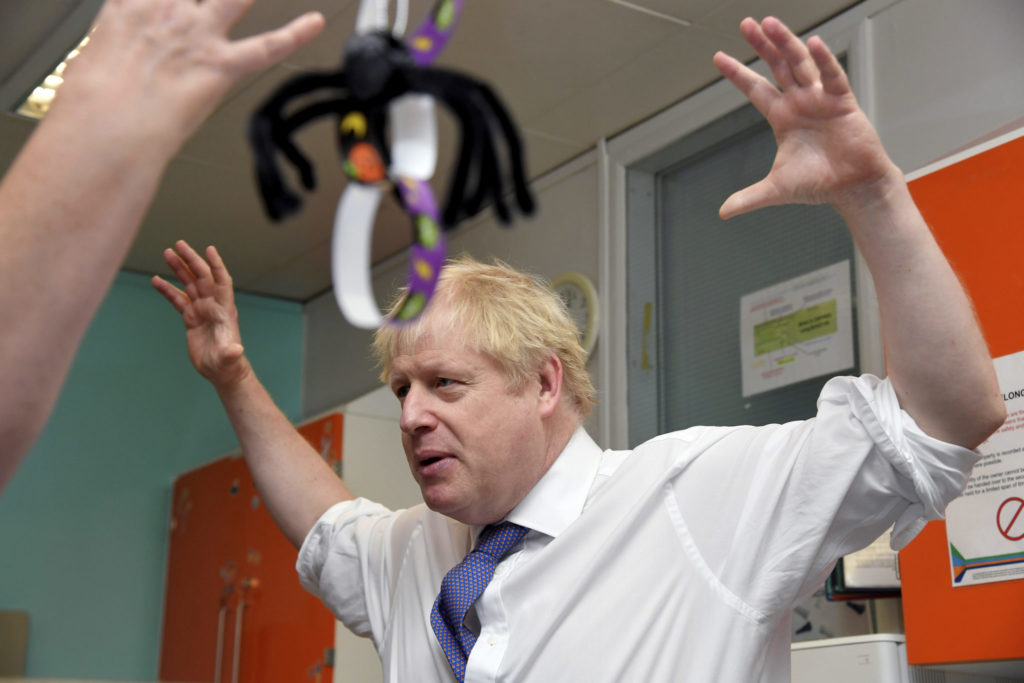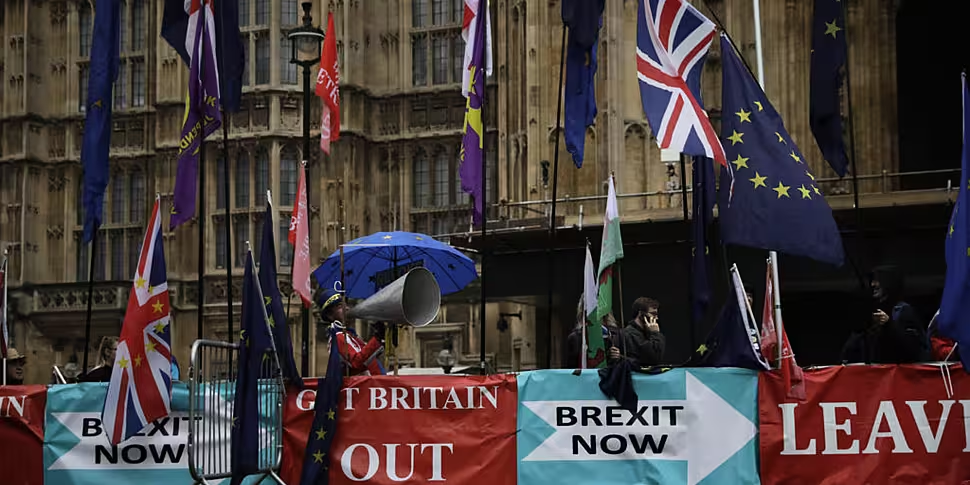The EU has agreed to give the UK a Brexit extension, as MPs in Westminster consider whether to back Boris Johnson's call for a general election in December.
EU ambassadors met in Brussels this morning to consider a text on the UK's request for an extension until 31st January.
In a tweet, European Council President Donald Tusk confirmed a 'flextension' had been agreed.
The EU27 has agreed that it will accept the UK's request for a #Brexit flextension until 31 January 2020. The decision is expected to be formalised through a written procedure.
— Donald Tusk (@eucopresident) October 28, 2019
Mr Johnson was legally required to seek the extension after he failed to get parliamentary approval for his new Brexit deal before a deadline set by the House of Commons.
The extension until the end of January will include the option for the UK to leave the bloc earlier - either in December or early January - if parliament signs off on the deal.
EU ambassadors had previously failed to reach an agreement on the exact date of an extension beyond the current deadline of 31st October, with reports that France had raised objections to a longer delay.
The Irish Government has welcomed today's decision by member states to grant another extension.
A spokesperson said: “This averts the risk of a disruptive ‘no deal’ Brexit.
"The decision extends the deadline to the end of January, but allows for an earlier exit by the UK if ratification is completed quickly.
“We hope the extra time will be used to ensure that the Withdrawal Agreement agreed between UK and EU27 is ratified, enabling an orderly Brexit.”
Election bid
 Britain's Prime Minister Boris Johnson reacts while he speaks to chief nurse Nicola Burns-Muir at the children's ward of Milton Keynes University Hospital in Milton Keynes, England, Friday Oct. 25, 2019. (Toby Melville/Pool via AP)
Britain's Prime Minister Boris Johnson reacts while he speaks to chief nurse Nicola Burns-Muir at the children's ward of Milton Keynes University Hospital in Milton Keynes, England, Friday Oct. 25, 2019. (Toby Melville/Pool via AP)Meanwhile, MPs will gather in Westminster today to debate Mr Johnson's proposal to hold an election on 12th December.
Mr Johnson has told MPs that an early election would be a condition for granting them more time to scrutinise the legislation on the withdrawal agreement.
The House of Commons last week rejected the government's proposed three-day timetable to push the complex bill through parliament.
The prime minister needs a two-third majority to secure a general election under the UK's fixed term parliament legislation.
Mr Johnson himself currently does not have even a simple majority, and the main opposition Labour party have continued to rule out an early election until the risk of a no-deal Brexit is definitively off the table.
However, the SNP and the Liberal Democrats - who have both called for the UK to remain in the EU - are pushing to secure an election on 9th December.
Under their proposals, an earlier polling date than the one favoured by Mr Johnson would mean his Brexit legislation couldn't make it through parliament in time.
The two parties' motion for an election is set to be put forward tomorrow.
Labour leader Jeremy Corbyn, however, has dismissed their bid as 'a bit of a stunt'.
He told The Telegraph: "We've got to have no deal completely off the table and that whole threat removed before anything else.
"I think Johnson is playing with fire here by messing around and still saying he's thinking about this."









